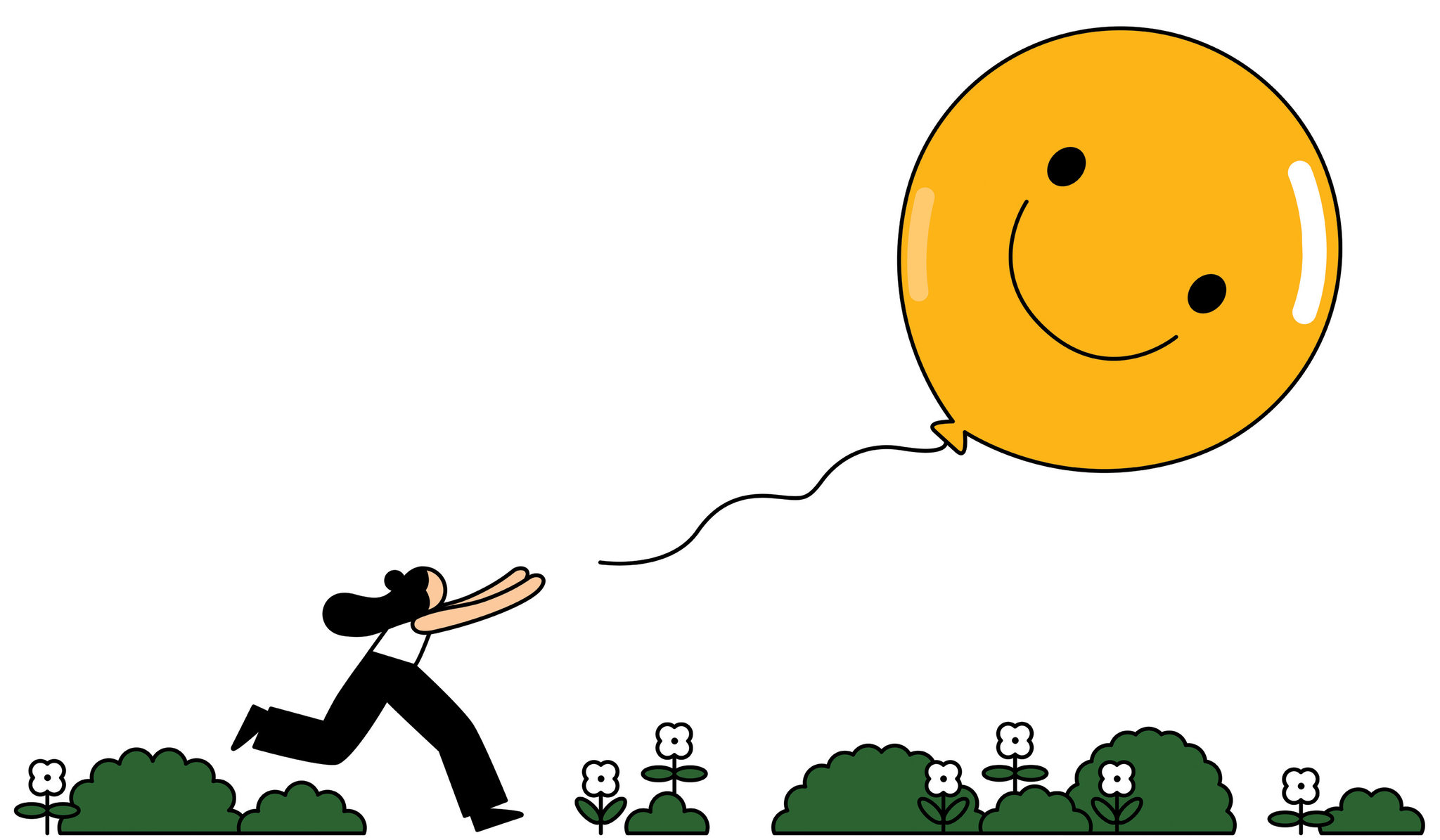We all know the basic formula for better physical health; eating less junk food and exercising more. The same can be said for greater happiness. Of course, mental health is quite complex. But research on how to achieve everyday peace of mind says this distinctly: cultivate gratitude .
Harvard researcher and author Shawn Achorhas discusses it this way:
Shawn Achorhas “An exercise as simple as writing down three things you’re grateful for every day for 21 days can dramatically increase your level of optimism, and it’s effective for the next six months.” says. Other research also shows that gratitude boosts willpower, helps you stay calm, and can even boost employee morale.
All of this is interesting and useful, but the question arises: Why does dwelling on the good things in your life have such a powerful effect? A new brain study answers this question with fascinating results.
Your brain is aware of gratitude

For the study, a research team from Indiana University led by Prathik Kini recruited 43 subjects suffering from anxiety or depression. Half of this group was given a simple gratitude exercise; They wrote thank you letters to people in their lives, and three months later all 43 people had brain scans.
During these brain scans, the subjects were asked a question: “A philanthropist gave you some money. Would you like to donate some of that money to charity as an expression of gratitude?” A particular pattern of activity was discovered in the brains of those who answered “yes” to the question. But that wasn’t the most interesting part of the findings.
So what was it? “Participants who completed the gratitude task months ago not only reported feeling more gratitude to the research team two weeks after the task, but also showed more gratitude-related brain activity in the brain scan months later. Psychology writer Christian Jarrett describes these ‘profound’ and ‘long-lasting’ neural effects as particularly notable in his blog Science of Us.
The result is interesting to neuroscientists but potentially useful to the rest of us. This shows that the more you practice with your brain about feeling gratitude, the more your brain adapts to this mindset. You might even think that your brain has a kind of gratitude ‘muscle’ that can be trained and strengthened. If you make an effort to feel gratitude, that feeling will automatically return to you in the future.
In short, practicing gratitude seems to start a healthy, self-perpetuating cycle in your brain. Counting the good things now makes it easier to spot and count them later, and the more good things you see in your life, the happier and more successful you’ll likely be.
Or, as Jarrett summarizes the research: “The more you practice gratitude, the more attuned you will be to it and the more you can reap its psychological benefits.”
What are you grateful for today?












